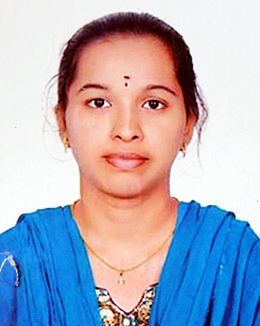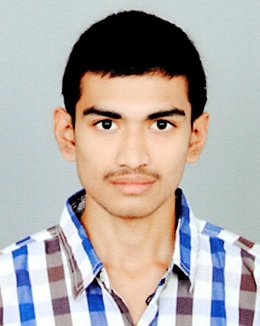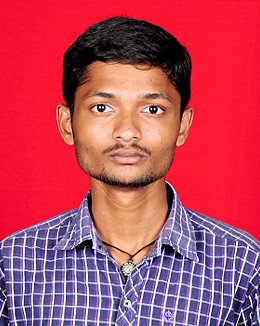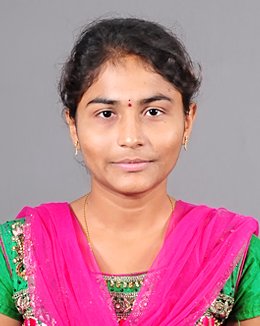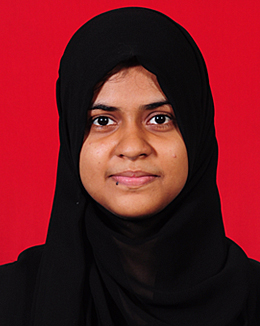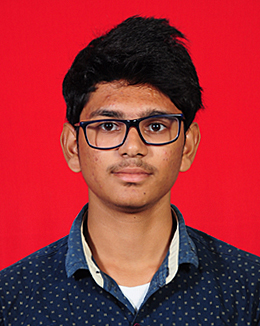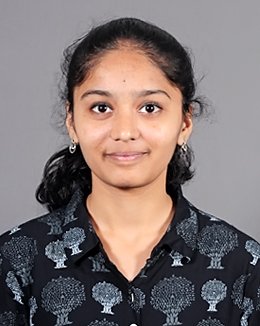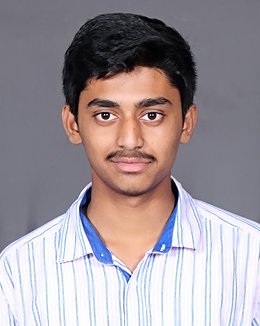Program Educational Objectives (PEO's)
The Civil Engineering graduates from S R Engineering College, Warangal are expected to
I. Build knowledge and skill setrequired for solving Civil Engineering problems.
II.Create innovative technical ventures in Civil engineering
III.PromoteResearch and consultancy activities to solve real world Civil Engineering problems
Program Outcomes (POs) and Program Specific Outcomes (PSOs)
Engineering knowledge: Apply the knowledge of mathematics, science, engineering fundamentals,and an engineering specialization to the solution of complex engineering problems.
Problem analysis: Identify, formulate, review research literature, and analyze complex engineeringproblems reaching substantiated conclusions using first principles of mathematics, natural sciences,and engineering sciences.
Design/development of solutions: Design solutions for complex engineering problems and designsystem components or processes that meet the specified needs with appropriate consideration for thepublic health and safety, and the cultural, societal, and environmental considerations.
Conduct investigations of complex problems: Use research-based knowledge and researchmethods including design of experiments, analysis and interpretation of data, and synthesis of theinformation to provide valid conclusions.
Modern tool usage: Create, select, and apply appropriate techniques, resources, and modernengineering and IT tools including prediction and modeling to complex engineering activities with anunderstanding of the limitations
The engineer and society: Apply reasoning informed by the contextual knowledge to assesssocietal, health, safety, legal and cultural issues and the consequent responsibilities relevant to theprofessional engineering practice
Environment and sustainability: Understand the impact of the professional engineering solutions insocietal and environmental contexts, and demonstrate the knowledge of, and need for sustainabledevelopment.
Ethics: Apply ethical principles and commit to professional ethics and responsibilities and norms ofthe engineering practice.
Individual and team work: Function effectively as an individual, and as a member or leader indiverse teams, and in multidisciplinary settings.
Communication: Communicate effectively on complex engineering activities with the engineeringcommunity and with society at large, such as, being able to comprehend and write effective reportsand design documentation, make effective presentations, and give and receive clear instructions.
Project management and finance: Demonstrate knowledge and understanding of the engineeringand management principles and apply these to one’s own work, as a member and leader in a team, tomanage projects and in multidisciplinary environments.
Life-long learning: Recognize the need for, and have the preparation and ability to engage inindependent and life-long learning in the broadest context of technological change.
Program Specific Outcomes (PSOs) 1: Apply knowledge of mathematics, science and engineering to analyze, design and execute the civil engineering structures for the betterment of the society and the nation.
Program Specific Outcomes (PSOs) 2: AAcquire the knowledge about various techniques, skills and modern engineering tools required for the construction of civil engineering structures






